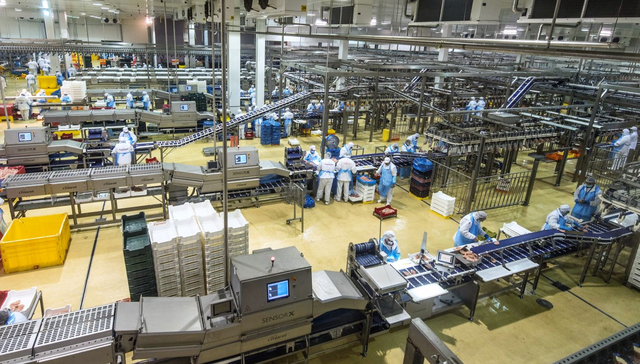Hungary’s 8th largest company, Master Good Kft, receives more and more state subsidies, but it seems that they are fattening it up: the company immediately jumped at the Ministry of Agriculture’s tender. From a budget originally planned for ‘only’ 100 billion Forint, the company immediately ‘applied’ for a meagre 75 billion. Small farmers can only share the rest. Could this have anything to do with the fact that László Bárány has a good relationship with Miklós Seszták, the region’s representative in the hungarian parliament?
Kövesd Telegram csatornánkat!
Folyamatosan frissítjük a közel-keleti háború híreivel
és az orosz-ukrán konfliktus rövid híreivel is
Master Good Kft, Hungary’s 8th largest family-owned company, has already applied for 75 billion HUF of the 100 billion subsidy for complex developments to help create capacities that are competitive on the international market – sources from the Ministry told us. Because of this expected irresponsible allocation, the ministry got into an uncomfortable situation to find some more tender funds from somewhere to distribute among a few small farmers – for whom a few million Forints is a big help – and they can communicate this as a success.
The “solution” was to increase the budget of the ÉLIP tender to 150 billion forint, so that the Master Good claim covers half of it, but there is still a huge oversubscription. The tenderers had expected around 200-250 applicants, but 1180 were received, for a total of 708 billion HUF, almost five times the amount.
Master Good is owned by the Bárány family, Hungary’s oldest poultry breeding dynasty, which has been active in the field for four generations. László Bárány Sr. is one of the 50 richest people in Hungary. Since 2021, he has been a member of the Board of Trustees of the University of Nyíregyháza Foundation and Chairman of the Poultry Product Council.
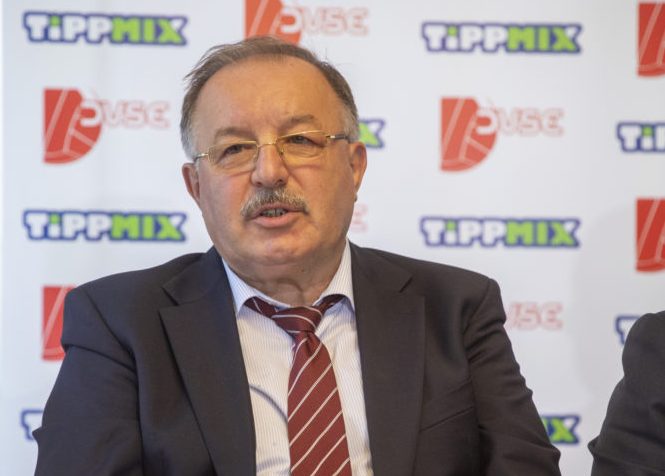
This is not the first time that companies owned by the Bárány family have won billions, although not in such a huge amount. In 2018, for example, the company received 3.4 billion HUF for a 15 billion forint investment in a robotic slaughterhouse at its poultry processing plant in Kisvárda. László Bárány said at the time he did not deny that he had a good relationship with KDNP MP Miklós Seszták, and according to him “was a good minister, he got a lot of money for the region”. He added, however “many people see grant money as a gift, but it is not. (…) You have to be economically credible and be able to show how the support is paid back socially” – the entrepreneur said. For the queation, the government’s tenders are favoured by entrepreneurs close to the powers that be, the entrepreneur replied:
“The sun has shone on us a bit, but like a miracle, it only takes 3 days, then comes the busy weekdays.”
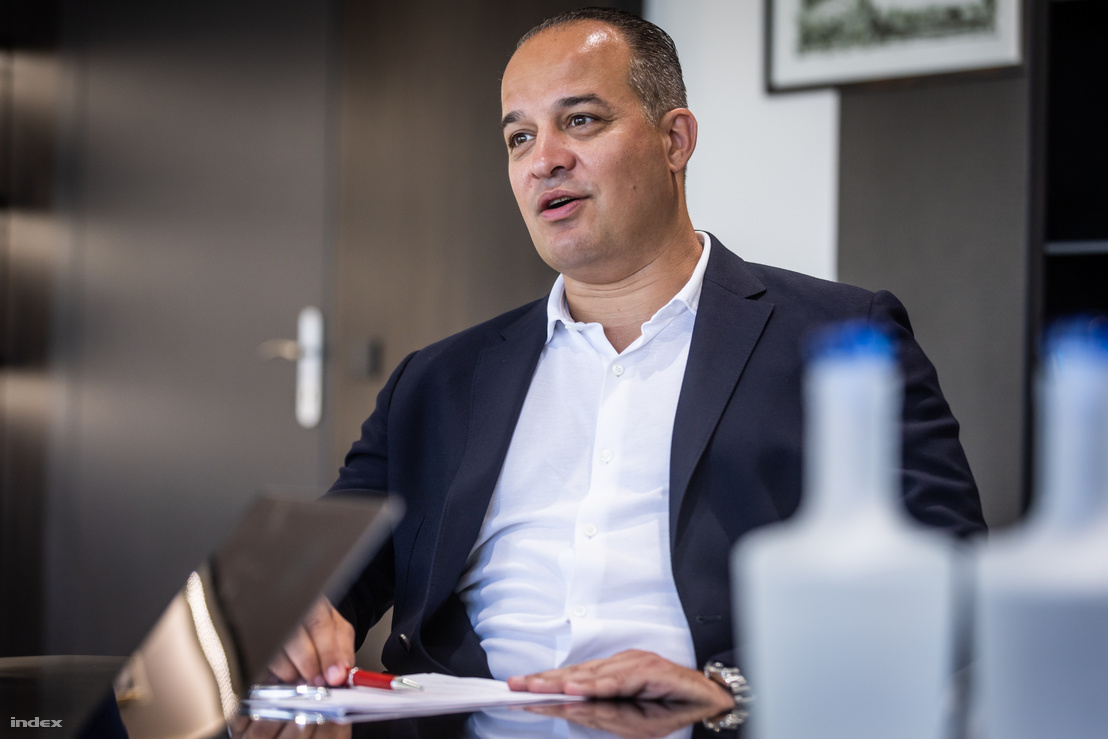
“This is not a grab the money and run game”
– In 2023, they won 5 billion HUF in state subsidies for the expansion of a meat plant. László Bárány said similarly at the time “You can get billions of state subsidies by being economically credible and being able to show how the subsidy pays off socially”. He highlighted that the tender was open and accessible to anyone. “it was not put out to tender for the Bárány family”. According to him, “it’s not like that you write good numbers, we mark it down, give it an excellent mark and take the money. They are very strict in monitoring the use and the numbers of the commitments”.
Previously, the group received 438 million forints in 2015 and 3.56 billion forints in 2016 in non-refundable investment aid for expansion and new jobs. 1.8 billion for the expansion of a poultry hatchery in Petneháza was given to Baromfi- Coop Production and Trade Ltd, which is also owned by the Bárány family and is linked to Master Good Ltd by a thousand links.
Master Good has undergone quite an amazing expansion in recent years, which has certainly not been hindered by the owner’s good relationship with Miklós Seszták, the region’s Member of Parliament. In 2022, the chicken processing company made a huge leap forward: they achieved a turnover of 162.6 billion HUF with significant exports, which turned into a profit of 15.3 billion, while equity capital grew to 38.5 billion.
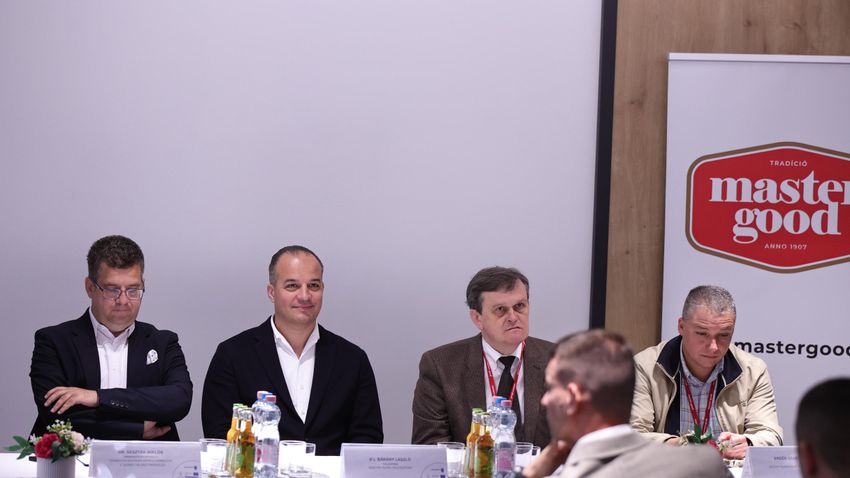
The Bárány family and Master Good, who are in the meat industry, reap a lot in 2024. Their assets, estimated at “only” 97.7 billion HUF in 2023, grew to 163 billion in one year. Since the purchase of Sága in 2020, the Master Good group now processes half of the domestic poultry stock and supplies McDonald’s across Europe, in addition to retail chains. In 2024, the family portfolio was expanded with the acquisition of the Nobu Budapest luxury restaurant from Tímea Vajna in 2024. “The Master Good Group has acquired a strategic stake in the Nobu chain, which has more than 50 restaurants and nearly 20 hotels worldwide,” the Kisvárda-based company said.
In 2014, Viktor Orbán attended the inauguration of the company’s Kisvárda plant, saying in his speech, “There is a breath of fresh air in the Hungarian economy, and this can fill us with hope.”
The group also opened its first plant outside Hungary in Vietnam. “We are doing the same thing as Western companies did in Hungary after the regime change: we are bringing capital, technology and knowledge there, because we have them and they are needed there.” In the middle of the big expansions, they have no problem with labour shortages either: they were the first to bring in guest workers from the Philippines, László Bárány Jr. The government has allocated 5 billion HUF in 2020 to build more worker housing.
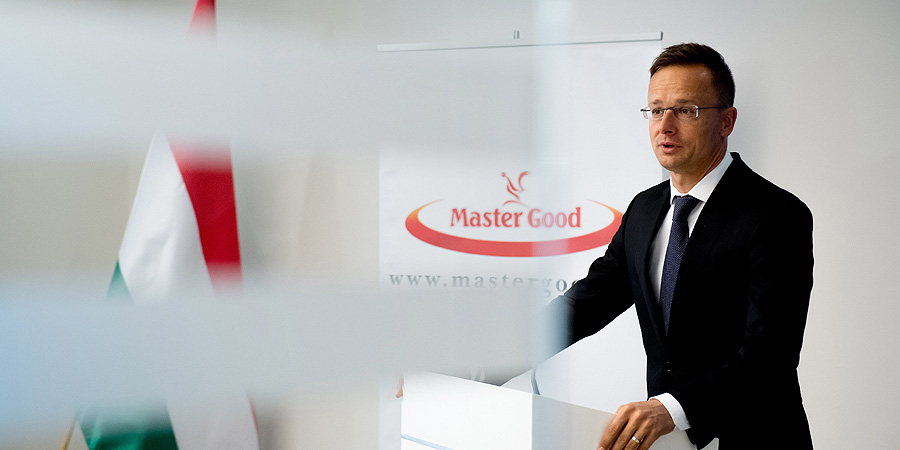
The question arises whether the subsidies received for job creation are used to hire guest workers? So this is where billions of public money is being spent, instead of supporting small farmers, for whom even a few million forints would be a significant help. With 100 or 150 billion forints, a lot of small farmers would get enough money to make their small farms more competitive if they were not being siphoned off by giant companies.
That is why there is no real agriculture, because the money intended for the development of agriculture is somehow always passed on to the friends. With such strong competitors, of course, it is difficult for smaller farms to survive. How can they compete with the giant companies with robot slaughterhouses, employing guest workers and receiving more and more state subsidies? Contrary to government communication, this is the reality in Hungary: the NER oligarchs are strangling rural agriculture.
(Szent Korona Rádió)

